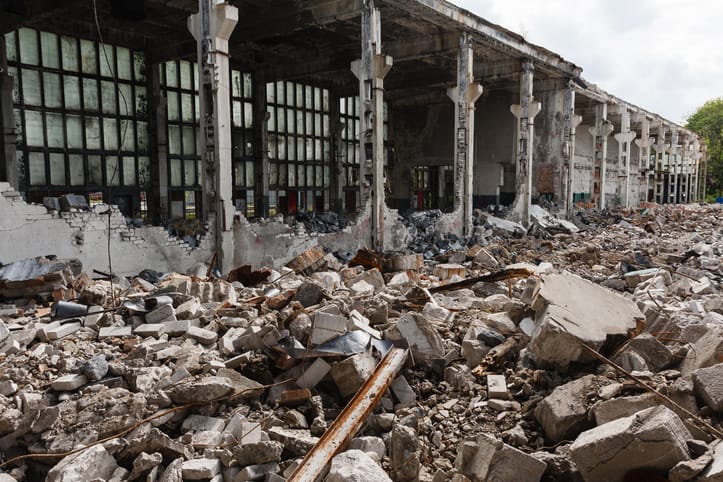The UK Government is facing a legal challenge in the high court over its supply of weapons for the war in Yemen.
The case has been brought by Campaign Against Arms Trade (CAAT) which is challenging the UK’s ongoing licensing of arms sales to Saudi Arabia.
The UK Government has supplied billions of pounds worth of fighter jets, bombs and missiles to a Saudi-led coalition for use in Yemen.
An estimated 8,983 civilians have been killed in attacks by the coalition, which has targeted homes and farms, schools and hospitals, weddings and funerals – prompting multiple allegations of war crimes.
The latest challenge at the high court, in London, starts on 31 January 2023 and is due to end on 2 February.
CAAT will argue that UK arms sales are unlawful because they have contributed to numerous breaches of international humanitarian law (IHL) in Yemen.
In 2019, legal action by CAAT forced the government to stop issuing export licences for weapons that could be used in the war. In a landmark decision, the government was ordered to retake all its previous decisions in a lawful manner.
But in July 2020, the government resumed arms sales when Liz Truss, then secretary of state for international trade, claimed any violations of international humanitarian law were only isolated incidents.
Since then the UK Government has licensed more than £2.2bn additional weapons sales in support of the war.
CAAT’s new case argues that the government’s conclusions in 2020 were irrational, in the face of a weight of evidence to the contrary.
CAAT’s Emily Apple said the legal challenge was brought in “solidarity with all the Yemeni people whose lives have been devastated” by the UK arms trade. “This is a government that cares more about profit than war crimes and the deaths of civilians,” she claimed. “Its argument that these are isolated incidents is total nonsense and deeply offensive to all the Yemeni people who’ve had their lives destroyed by UK weapons.”
Oxfam will provide expert witness in support of CAAT’s legal challenge. Martin Butcher, Oxfam’s peace and conflict advisor, and author of Fueling Conflict, a new Oxfam report that examines the human impact of arms sales in Yemen, said “devastating attacks” on civilians have been “commonplace”, leading to death and injury, and forcing millions of people to flee their homes.
This is a government that cares more about profit than war crimes and the deaths of civilians.
Emily Apple, Campaign Against Arms Trade
“While all parties to the conflict have repeatedly harmed civilians, we know that the airstrikes are responsible for a large proportion of the attacks,” he added. “That’s why it’s essential that the legality of UK arms sales is examined and arms sales must be immediately stopped.”
A spokesperson for the Yemeni based group, Mwatana for Human Rights, said it was “optimistic” that finally civilians in Yemen could reach a “kind of justice” after a long period of suffering of war. “We hope that the British judiciary will take that seriously,” the spokesperson added.
The UK Government has repeatedly said it takes its export responsibilities “seriously” and has robust procedures in place.
A Department for International Trade (DIT) spokesperson said: “We consider all our export applications thoroughly against a strict risk assessment framework and keep all licences under careful and continual review as standard.”
Last September, The Ferret revealed that MPs had accepted £828,211 in the form of all-expenses-paid trips funded by states in a Saudi-led coalition fighting in Yemen’s war since 2015.
We also revealed that a bomb factory in Fife run by the US arms firm Raytheon had been linked to alleged IHL violations in Yemen.
Photo thanks to iStock and dzika_mrowka














